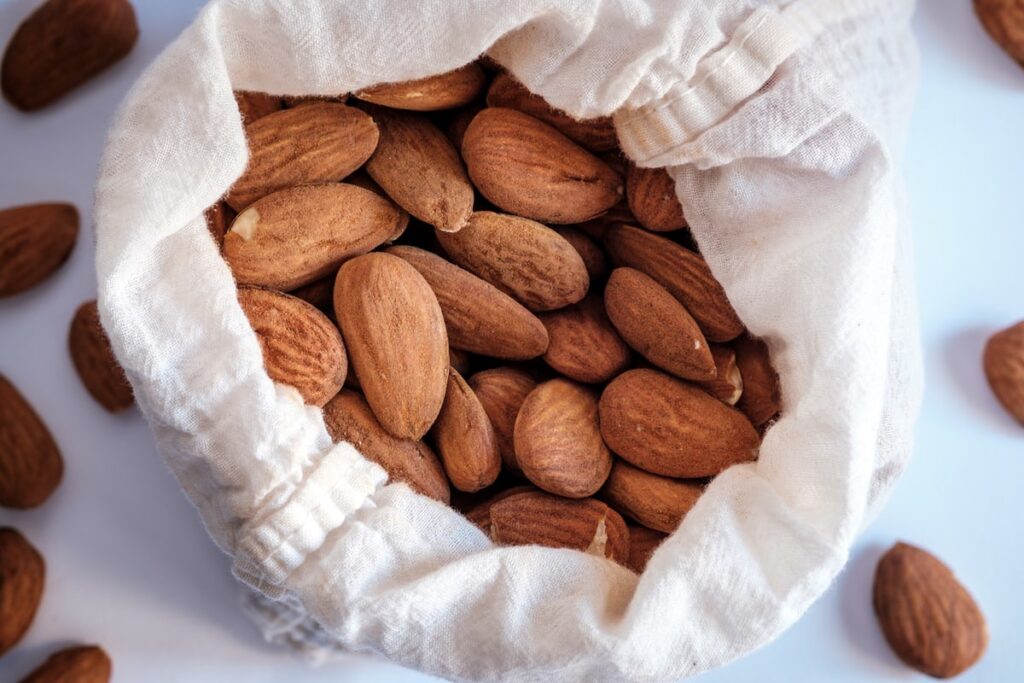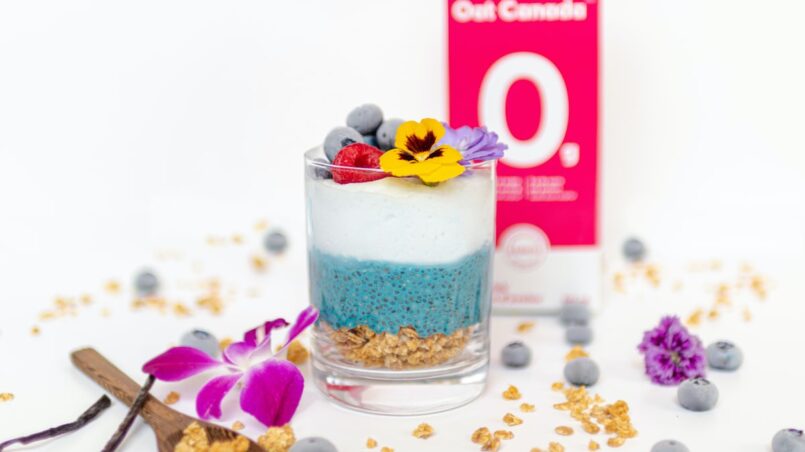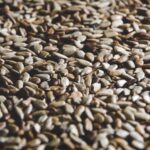
Calcium is an essential nutrient in the diet because it helps to reduce blood pressure and works in tandem with other main nutrients including potassium and magnesium.
A healthy calcium consumption has also been linked to a lower risk of colon cancer.
Dairy items, which are extremely high in calcium, have their own food grouping inside the DASH diet pattern, which should come as no surprise.
This makes sense, considering the familiarity, availability, and convenience of foods like milk, yoghurt, and cheese, all of which are strong sources of potassium.
With this in mind, the aim of today’s article is to assist you.
Here are some non – dairy products that are rich in Calcium
1. Green Vegetables
Kale has about 250 milligrammes of calcium per 100 grammes, which is more than whole milk’s 110 milligrammes per 100 grammes. 2 Other green vegetables, such as collard greens, are also rich in calcium.
Calcium is abundant in spinach and chard, but they also possess a high concentration of oxalates, a group of molecules that bind to calcium and render it inaccessible to our bodies.
2. Tofu
Tofu is produced by coagulating soy milk, which is usually done with calcium sulphate. The resulting diet has a staggering 680mg of calcium per 100g, thanks in part to this addition.
Tofu processed with a different coagulant would have less calcium, but all tofu is still rich in calcium because it’s made from soybeans.
3. Beans
You’ll be strengthening as well as warming your bones the next time you eat a cup of veggie chilli. Beans are a great source of calcium for vegans. The humble kidney bean, with 140mg of calcium per 100g of raw beans, and soybeans, with nearly 280mg per 100g, are also good sources of calcium. 2 Chickpeas and white beans are rich in calcium, at 120 mg and 160 mg per 100 grammes of raw beans, respectively.
4. Nuts and Seeds
Almonds, at about 260mg per 100g, are the best source of calcium for nuts. If you want to make sure you’re eating plenty, add walnuts, hazelnuts, and Brazil nuts to your diet.
Sesame seeds have about 980mg of calcium per 100g, making them one of the most calcium-rich seeds.
It goes without mentioning that nuts and seeds are excellent sources of vegan calcium!
5. FORTIFIED FOODS AND DRINK
With today’s scientific advancements, you will get all of your calcium from a variety of foods. To ensure that people have enough calcium, certain foods are enriched with vitamins and minerals.
Calcium can be added to breakfast cereals, toast, orange juice, and plant-based milk substitutes (such as soy and rice drinks). In fact, in certain nations, such as the United Kingdom, all flour must be calcium fortified.
This modifications are made during the production process. Calcium is added to flour in the form of calcium carbonate (a white chalky powder) to fortify bread, and calcium is added to soy milk in the form of tri-calcium phosphate, which is the kind of calcium present naturally in soy milk.
Conclusion
It’s not only about a food’s calcium content when it comes to actually absorbing calcium into your bloodstream; it’s also about the supply of the calcium to your body, which is why, while spinach provides a lot of calcium, it’s not as bioavailable, making it impossible to be a good source of calcium throughout your diet.
Vitamin D is also needed for calcium absorption, which can be obtained by diet or sun exposure.
What are the go-to calcium-fortified foods? Let us know in the comments section below!



